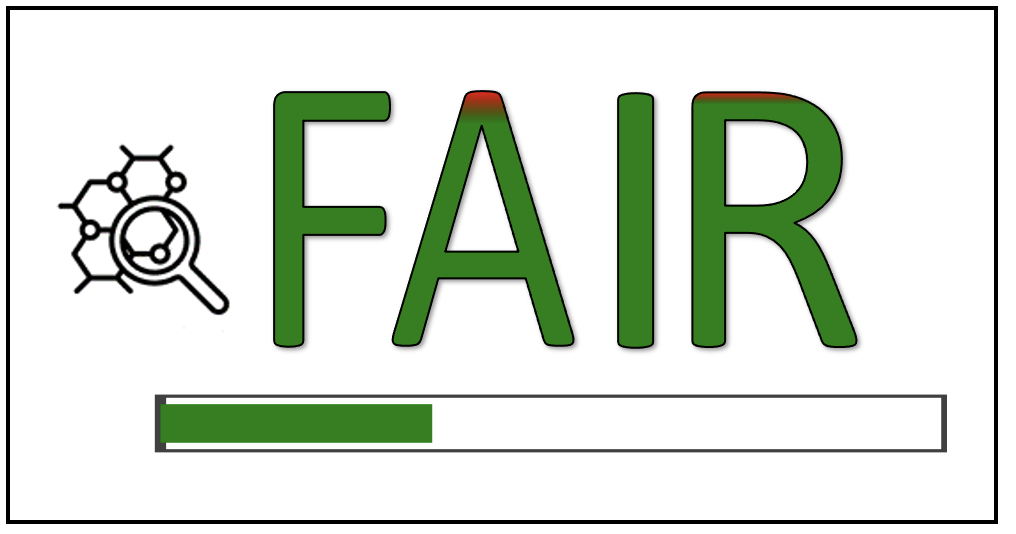The H3Africa chip is being used by the H3Africa projects to generate data that will need to be analysed. The course will consist of two components; a series of online lectures provided by experts in that specific domain. These are to introduce the main concepts and theory behind population genetics and GWAS. The second part of the course for selected participants will be a practical Bring Your Own Data (BYOD) workshop on the analysis of H3Africa genotyping data using the H3ABioNet GWAS and Imputation workflows.
People who would like to learn more about genotyping, calling, QC and running a GWAS study for the online lectures. H3Africa project members who will be undertaking the analysis of the genotype data from the H3Africa chip, and will have data available for the practical course.
After this workshop participants should:
- Be familiar with the steps to follow when doing a GWAS association study from getting their raw dataset, genotype calling to association testing
- Be familiar with the use of the H3ABioNet GWAS workflow
- Be familiar with the various steps and procedures involved in imputation
- Be able to undertake the downstream interpretation of their results
- Be familiar with the computational infrastructure needed to undertake a GWAS analysis
Classroom applications
Participant applications
Syllabus and Tools
Some basic knowledge in genetics, population genetics and GWAS for the online lectures. For the practical workshop: attendance at all the online lectures; belonging to an H3Africa project; have H3Africa genotyping data and will be undertaking analysis for the H3Africa project. Knowledge of Unix / Linux and tools used for GWAS studies such as Plink is essential, for those with no Unix experience, links to online courses will be provided to be completed prior to the workshop.
*In order to for an application to be considered to attend the hands on workshop, the potential applicants must attend all the online lectures.
The online lecture series will provide a foundation for conducting a GWAS study and analysing genotype array data. The practical bring your own data workshop will provide skills to analyse one’s data using the H3ABioNet GWAS and Imputation workflows based on the methods and tools used.
Training materials for this course are available below:
1) https://doi.org/10.25375/uct.7068554.v1;
2) https://doi.org/10.25375/uct.7068533.v1;
3) https://doi.org/10.25375/uct.7068431.v1;
4) https://doi.org/10.25375/uct.7068686.v1;
5) https://doi.org/10.25375/uct.7068626.v1;
6) https://doi.org/10.25375/uct.7068209.v1;
7) https://doi.org/10.25375/uct.7068098.v1.
Lecture videos: https://doi.org/10.25375/uct.19106897
Should you re-use any of these materials, please ensure that both the author/s of the material AND H3ABioNet are clearly credited.





